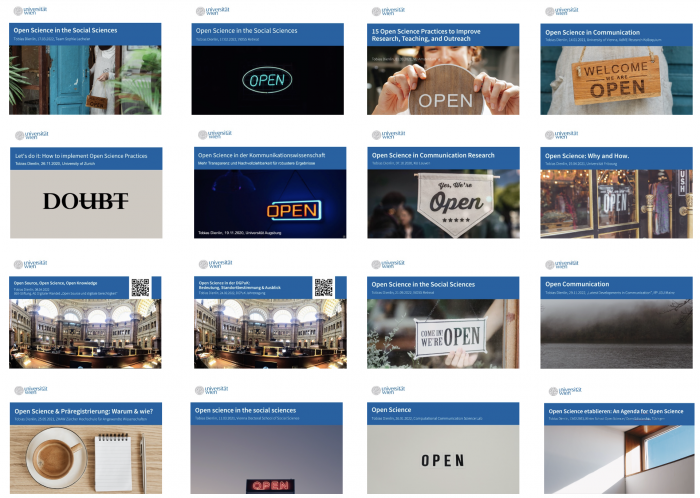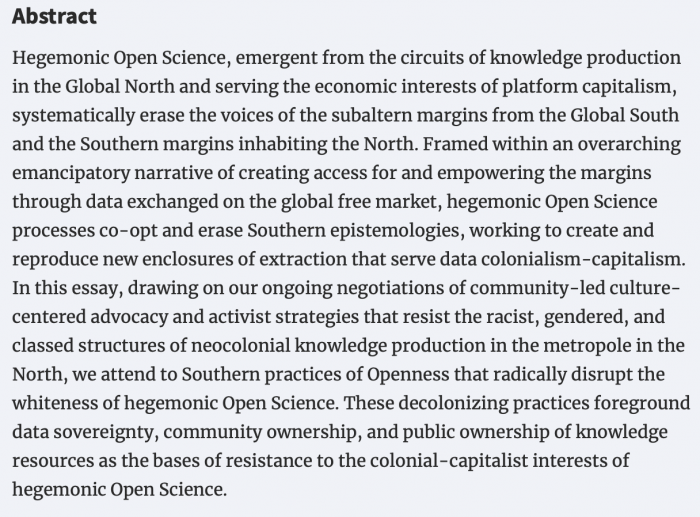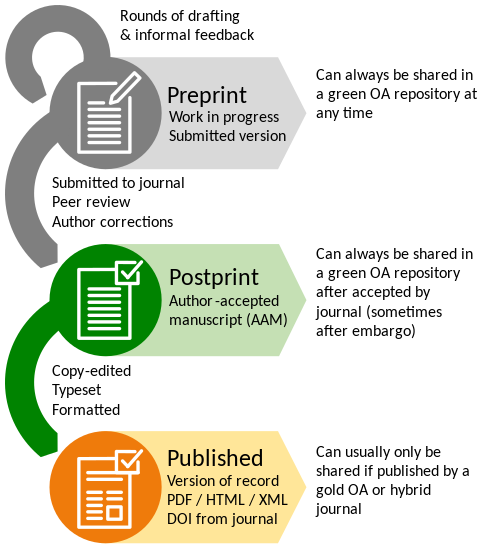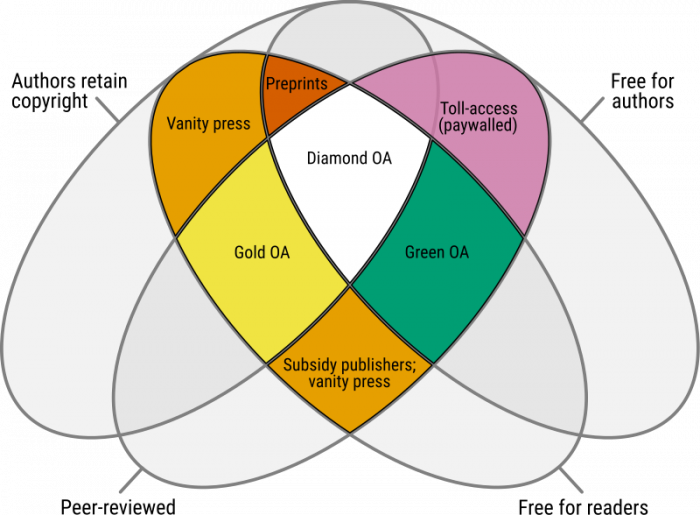The journey of open science and open research in the field of Communications started three years ago. The 2020 conference motto was Open Communication, and since then our community is engaging with questions on how best to implement open research practices into our field. Here are three observations!
1. There’s progress
So many things have happened in the meantime. We published the Agenda of Open Science in Communication. There was a special issue on Open Communication in Journal of Communication, featuring with eight diverse articles critically discussing the agenda. Several ICA journals such as JCMC adopted open science badges. Many papers and research groups are now routinely implementing open science practices such as sharing data, scripts, and research materials (e.g., thinking of Team Awesome, Adrian Meier’s research group, or, from what I’ve now learned at ICA 2023, also Joe Walther’s lab).
I was a mentor of this year’s CAT doctoral consortium, and I’ve learned from at least four students that they’re implementing open research practices such as preregistration or data sharing. I’ve been invited by numerous departments to talk about Communication and what it entails.
There clearly is change and progress, and I think that’s great!

2. There’s also some backlash
I expected criticism, mainly from established quantitative scholars. However, the fiercest criticism came from the more qualitative areas of our field. To illustrate, open science was for example criticized for being unethical (Fox et al., 2021), hegemonic (Dutta et al., 2021), and neoliberal/capitalistic (Moreira de Olivera et al., 2021). I was genuinely surprised.


In my view, open science is by virtue of its nature highly ethical, in that it tries to improve the way we produce and make available knowledge claims. People working on open science belong, at least in my view and personal experience, to the most dedicated scholars I know.
In my view, open science is not hegemonic, it’s not a top-down process imposed on researchers or participants. Instead, it’s a bottom up grassroots initiative, driven mostly by early career researchers, who want to improve the field they’re working in. It’s a challenge to the status quo and those in power.
In my view, open science is neither capitalistic nor neoliberal, it’s the very opposite. In sharing data, research materials, and syntax, it democratizes knowledge, making resources available to all researchers as well as the broader public. Sharing preprints and postprints bypasses our routinely paywalled journal articles. It only requires an Internet connection to access the knowledge, but not costly academic subscriptions.

3. The conversation is fruitful, engaging, and stimulating
Yes, by and large I don’t share the criticism. I think there are several misunderstandings and misrepresentations. Which are perhaps emphasized by underlying structural aspects, such as diversity in epistemologies, priorities, and backgrounds. It’s clear we cannot agree on everything, and that’s okay.
But I still think our process is fruitful, engaging, and stimulating.
To show these aren’t empty words, here are three things I have learned from the criticism we received.
Yes, open science is very much focused on the actual research, on the underlying insights. But, admittedly, not so much on the people, on the participants. For example, when it comes to data sharing, we need to make sure open science does not come at the expense of participants.
Yes, although open scholarship clearly is not hegemonic, we need to acknowledge that it is still very much trying to change things. Change is disruptive, we often prefer things to stay the way they are. Especially those who thrived in and benefitted from the current system.
Yes, although open research is inherently democratic, not all of its instantiations are. I’m thinking of the gold open access model, where researchers need to pay to make their research available. Open access increases outreach. But only wealthy departments can afford to do so. Together, this threatens equity (say hi Matthew). We should strive toward green and diamond open access models (JCMC, e.g., is a diamond open access journal).

Conclusion: Open Communication
You might’ve noticed that I’m switching between the terms of open science, open research, or open scholarship. This alone shows the differences in underlying approaches to our field.
Echoing what Jesse Fox says, let’s tailor openness to our field. Let’s harness our potential for critical but constructive discourse.
Let’s work toward an improved version of Open Communication.



